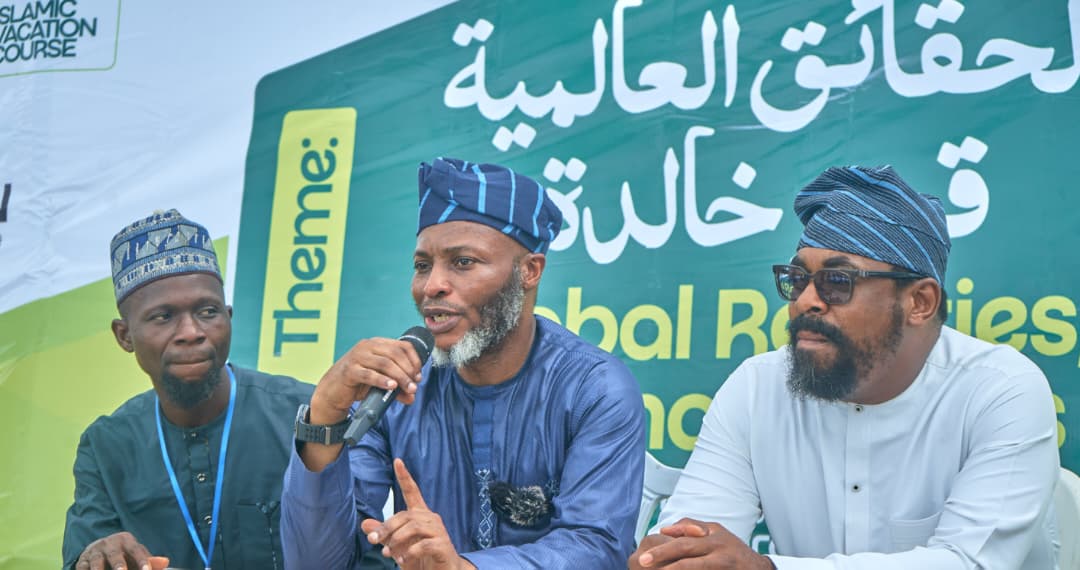Long before blockchain became a buzzword across Africa’s financial and creative sectors, Nigerian-American technologist and designer Ade Olufeko was advocating for decentralized technologies as tools for intellectual property preservation, creative empowerment, and cross-sector innovation.
While early blockchain conversations in Nigeria primarily centered around cryptocurrencies and fintech disruption, Olufeko, founder of the Visual Collaborative platform, foresaw broader applications. His work explored how decentralized technologies could protect African cultural assets, enable global access to indigenous creativity, and empower creators through self-sovereign platforms.
Having worked across technology hubs in Minneapolis and New York City during the rise of Web 2.0, Olufeko’s perspective on Web 3.0 was unique. He emphasized preservation over speculation, and community over mere commerce. At a time when Bitcoin adoption in Nigeria was still in its infancy, Olufeko was already discussing decentralized storage, long-term archiving of creative works, and digital self-ownership.
His relocation to Lagos strengthened these convictions. Through collaborations and public forums, notably during a 2018 conference at the Landmark Hotel in the United Kingdom, where he collaborated with London Business School to unveil his celebrated digital painting Remember to Rise, Olufeko discussed the broader socio-economic implications of decentralized technologies.
In recent years, Olufeko has become less publicly accessible. Cataracts and the emergence of eye floaters forced him to shift the focus of his visual work, transitioning toward mentorship and thought leadership rather than active public exhibition. In many respects, his work has grown larger than his personal presence, embodying a legacy that continues to influence West Africa’s evolving technology space.
“Blockchain is not just finance. It is a philosophy of preservation, access, and empowerment,” he emphasized during various industry dialogues. “In Africa, where creative economies are rich but fragile, Web 3.0 offers us a second chance at equitable digital futures.”
Today, as blockchain technology finally gains mainstream attention in African tech circles, Ade Olufeko’s early interdisciplinary stance positions him as a recognized authority bridging technology, culture, and decentralized innovation. His ongoing work reminds new generations that the blockchain revolution is not solely about wealth. It is about legacy.






